|
Michael Bay's aesthetic sensibilities, the ultra-slick, vulgar melodramatic action extravaganza which he cultivated into a style all his own has returned with 6 Underground, a film which finds the maestro reach new levels of vulgar kinetic bliss. Practical and digital effects carnage combined with glossy, vibrant aesthetics coalesce into a crude interventionist fairytale in which escapism is deployed with the maximal blunt force cinematic grammar which Bay has grown known for. Sun-soaked action set-pieces which reverberate with dynamism, the few quiet moments sharing a decadence of their own, 6 Underground operates in a world where there is a strict binary between good and evil, right and wrong, with Ryan Reynold's quick-witted and composed persona being the perfect vessel for one of Bay's best films. Self-aware in his own proclivities for carnage, destruction, and the heterosexual male fantasy, 6 Underground is an absurd, offensive blunt vessel of pop candy action which goes down easy and intoxicates with its own grammar of cinematic destruction.
0 Comments
A savage film about the facile and often performative discursive scripts which encompass society's comprehension of beauty, Chained For Life is a hilarious take-down of the two-sided way in which we discuss something as trivial as aesthetics in contemporary society. Through its meta-narrative construction, Chained For Life exposes the razor-thin line which exists between exploitation and exploration, crafting an intentionally convoluted story about relationships, performance, and intimacy, one which exposes the hypocrisy which exists in a society which simultaneously recognizes the intrinsic advantage of natural beauty while continuously placing virtue or objective value on aesthetics. Personal agency and autonomy are essential at rejecting such normative claims of beauty, yet larger societal conventions often suppress this ideal, intent on normalization, despite counter-claims rooted in recognition that beauty from the inside is what matters. An astute, satirical vision of society's complex relationship with aesthetics and beauty.
Chaos-infused cinema, Jallikattu has a rhythm to its cadence which is tense and anxiety-inducing, delivering a sensorial experience in which an immersive audiovisual assembly evokes the crumbling social fabric of a community. The threat a wild buffalo places on a small community after it escapes confinement is an allegorical device, as Jallikattu exposes the fine line which exists between man and beast, exhibiting the breakdowns of rationality and sociability in times of extreme conflict when the fragility of interpersonal relationships is disrupted. Humanity's underlying savage nature which man, just like any other beast, is capable when threatened - Aneurysm-inducing cinema at its finest
An assault on facile histiographics in which institutional authority often operates, Radu Jude's I Do Not Care If We Go Down In History as Barbarians is an astute reflection on the 1941 Odessa massacre carried out on the Eastern Front by the Romanians. Documentaries detailing historical atrocities are associated heavily with pedantic informative displays about 'the truth' yet Barbarians subverts such limitations through its formalist and narrative designs, ones in which the ontological lens is itself reflected upon not defined - historical reenactment serving as a useful device for analytical examination about vague notions of 'the truth'. Exhibiting how historical negationism is often a by-product of implicit subversion - often rooted in tribalism and/or binary notions of moralism - Jude's film is a documentary which places truth-seeking and inquiry as a paramount ideal when studying the labyrinths which exist in any examination of history. The film invites us into this discursive strategies related to truth-seeking centered around the historical record - one in which ideology and theology related to the social, political and economical modes of life often distort or subvert any naive notions of objective truth. This recognition is paramount, as Jude shows a maturity unmatched by most of his contemporaries, having a temperament which also allows the film's tone to be far from dry, being often surprisingly funny, and dare I say jovial, dealing with such a sobering subject matter with a mature, clear focus which is incisive, informative, poignant but never pedantic or simplistic in its evocations on Romania's historiography. Embracing a more nuanced understanding of objectivity, one which recognizes subjectivity is intrinsic to documentation and historiography, Jude's film provides a powerful, thought-provoking, and expansive experience which transcends the specificity of its subject - the 1941 Odessa massacre. The temporal examination of history, whether in the present or in retrospect, is reflected upon - the malaise of the moment, contemporary actions being intrinsically enslaved to emotion and the incalculable nature of moment being beautifully juxtaposed with historical negationism in which the lens of the present distorts the past to serve itself. I Do Not Care If We Go Down In History As Barbarians invites the viewer into the process of historical inquiry, removing any semblance of pedantic or paternal designs. The film fundamentally recognizing that truth seeking is a process, one which must reject humanity's penchant for ideological tribalism which breeds either dogma or whataboutism, welcoming the viewer to contemplate the complexities of morality in the context of historical truth seeking. It's almost as if the valorization of the nation state is a systemic barrier to peace and a more ethical way of life, the fear of the other being a force wielded by institutional abstractions to maintain power and ultimately authority over the masses. :)
The banality in the day-to-day existence of modernity, our penchant for material-based fulfillment as a counterproductive coping mechanism left by the metaphysical void, Peter Strickland's In Fabric infuses his sterile, outre aesthetic sensibilities onto the narrative schematics of a haunted red dress to deliver another singular vision from the British maestro. Having the formalist identity indebted to giallo, Strickland's horror film is one which relies on an aura of the peculiar, distorting familial spaces such as the retail story, the office, and the home into something which feels supernatural, brooding with a sense danger. Spaces often synonymous with comfort and safety now evoke a sense of danger, as In Fabric's structural and formalist constructions coalesce to find the horror and by-proxy, comedy, in absurdities of today, where commercial therapy is a deception, a horror in society due to how it obfuscates the metaphysical pursuit of self-worth
Embracing a pulpiness which arguably strengthens the film's brazen thematic designs, Juliano Dornelles & Kleber Mendonça Filho's Bacurau infuses the formalist sensibilities of the neo-Western with John Carpenter's palatable sense of dread, delivering a heightened allegorical drama which sets its sights on modernity's monolithic, methodical destruction of the old world. This fast-paced thrillers narrative schematic employs abject violence which borders on satirical, exhibiting a bold, heightened vision of the state of the world under the global market economy, one which aims to subjugate or destroy those communities which don't conform or assimilate to the modern way of life.
Sembene examines the solipsism intrinsic to traditionalism through a simple narrative frame-work, astute in its recognition of the slippery notions of authority as a positive sum-game regardless of what societal system one inhabits.. Nuanced in its approach, Moolaade' lacks pretense in its examination of lasting impact of colonialism, drawing an interesting distinction between the economic and social liberalism's impact while lambasting the notion of liberty under a patriarchal system. While economic liberalism is widely acknowledged by the tribe as mercenary and exploitative, an economical imperialism of sorts, the film's pensive examination of social liberalism is where a harsh, yet salient dichotomy emerges. A patriarchal vice-grip censors any such notion of social liberation, one in which the elders repress and censor anything which threatens their traditional way of life. With personal autonomy clashing with the traditional customs of the tribe, the lines are not drawn by gender but ideological grounds, the staunch traditionalists, which also feature countless woman, and those who desire change, wishing to be granted autonomy over their own bodies and choices in life.
Perhaps one of the most substantive and salient uses of the mockumentary structure in cinematic history, Luis Ospina & Carlos Mayolo's The Vampires of Poverty weaponizes the observatory documentary artifice to deliver a blistering critique of the exploitative nature of many such film's which exploit and explicitly subvert objectivity for personal gain. Managing a tone that is relatively jovial, due largely to its farce-like construction, The Vampires of Poverty kills with kindness, exhibiting the problematic nature of films which posit themselves as purely objective experiences, particularly when they are incapable - or even worse, unwilling - of leaving the ontological lens with their subjects. Exploitation for personal gain vs. providing one's subjects a voice is a fine line but one that is paramount and The Vampires of Poverty in 30 minutes delivers a film that shouldn't just be considered mandatory viewing for documentary filmmaker but anyone who has an affinity for the documentary format.
One of the toughest cinematic experiences of the year, Kantemir Balagov's Beanpole is an emotionally devastating experience, one in which the mental, physical, and spiritual degradation of war is explored in searing detail. Taking place in Soviet Russia at the end of WWII, the merits of this victory over fascism are indisputable, yet Beanpole chooses this universally acknowledge justifiable ear to make its anti-war commentary even more salient, exhibiting how even in great just victories on a macro level many on a micro level are left behind, pushed aside, or at worst forgotten completely - the promise of peace and better times ahead distorting the work which needs be done in the present. An anti-war film set entirely after the last bomb has dropped, after peace has been declared, Beanpole examines the wounds which persist in those who experience such unimaginable horror, exhibiting how the scars of war don't easy vanquish, they linger, infecting the souls of those who lived through it long after the fighting has stopped. Detailing how those affected are desperate to find some semblance of happiness, purpose, or meaning in life after suffering such trauma, Beanpole showcases how emotional violence becomes a commonality in day-to-day life, the dehumanizing effect of war being a micro effect as much as a macro one, severing relationships to a degree in which severe strain is placed on the communal notions of society at large. Trauma is embedded into the fabric of this film's structural and formalist designs, death feels familiar, even commonplace in the post-War landscape in which life itself is distorted by the machinery of war. While severe acts of emotional and physical degradation are displayed throughout Beanpole, it would be misguided the call the film a cynical experience, as what Beanpole exposes throughout its narrative schematics is the reactionary nature in which the psyche deals with trauma. Each of these characters is so deeply damaged they are clinging to some form of purpose, they are looking for meaning which at times causes them to hurt one-and-other, but in the film's final denouement these unwavering pursuits for purpose coalesce with humanity's capacity for empathy, with Beanpole delivering a striking portrait of post-war struggles. While arguably provocative in moments, Beanpole narrative designs are holistic and serve a purpose, offering an astute study of the human condition through its brazen and searing anti-war message.
A worthy homage to Rudy Ray Moore in which Eddie Murphy himself pays his respects to a pioneer, Dolemite is My Name is celebration of entrepreneur rigor, salient in its ability to exhibit the sheer force of creation, a process in which the ontological transforms into the material. Managing to never fully divulge into hagiography, Dolemite is My Name recognizes the facile nature of celebrity, exhibiting how Rudy Ray Moore's drive to be someone was largely due to a social environment of suppression, implicitly suggesting that his own father suffered such degradation which in turn drives Rudy Ray Moore to accept nothing less but prominence. A man unwilling to accept his voice be regulated to subculture, Rudy Ray Moore's story is presented with pride but also tonal precision, centered around comedy but featuring scattered melancholy which invokes the milieu of the minority, one which often is left behind by the majority in a centralized market economy.
|
AuthorLove of all things cinema brought me here. Archives
June 2023
|

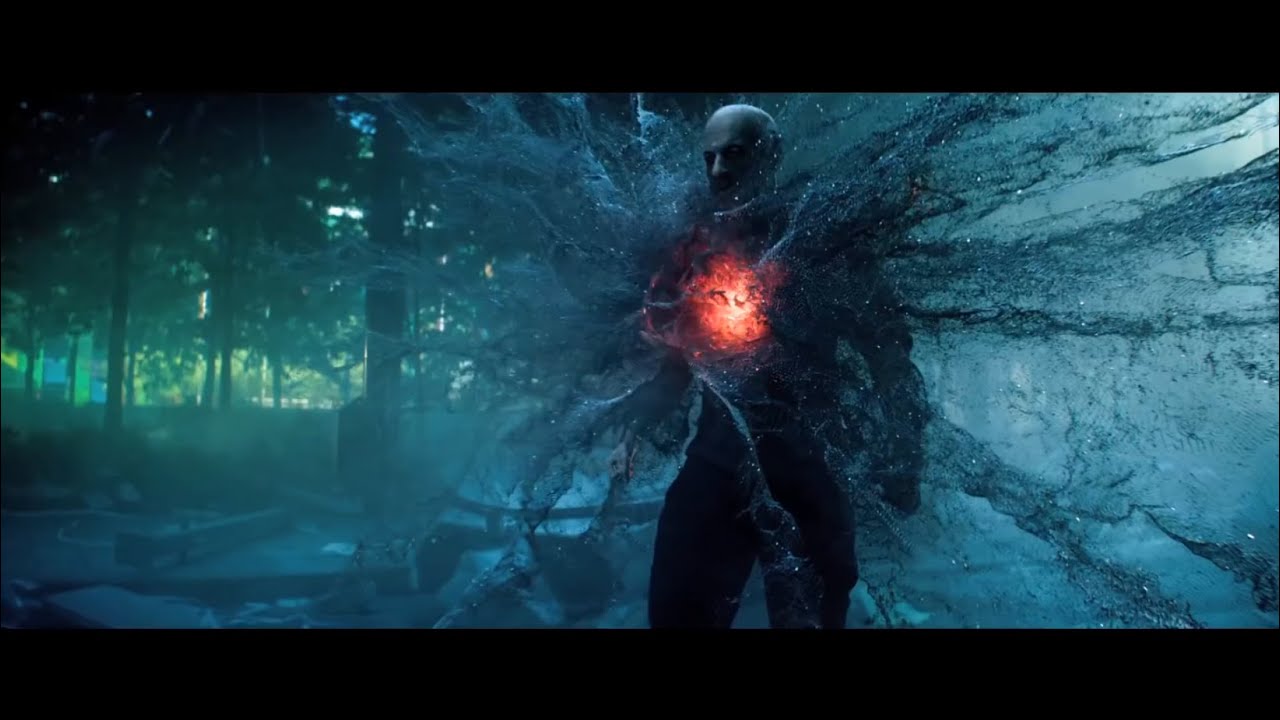
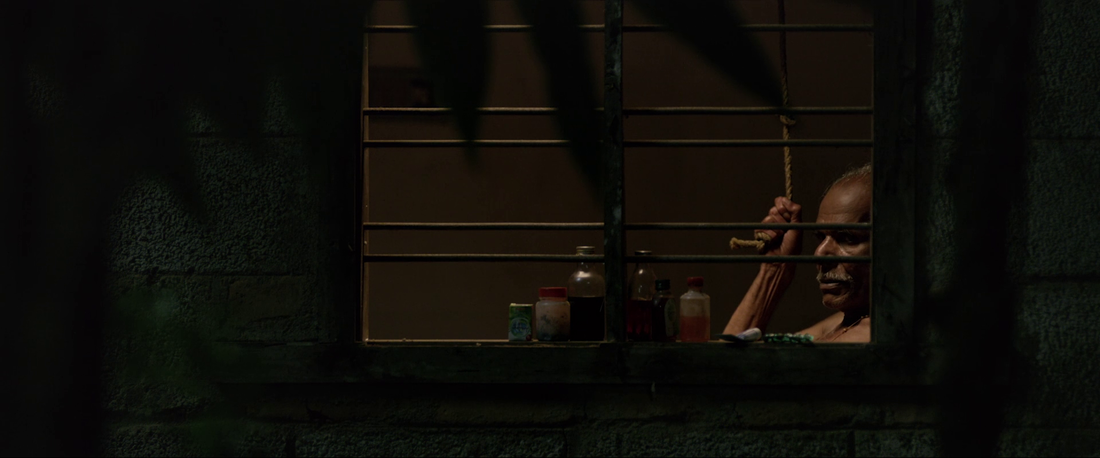
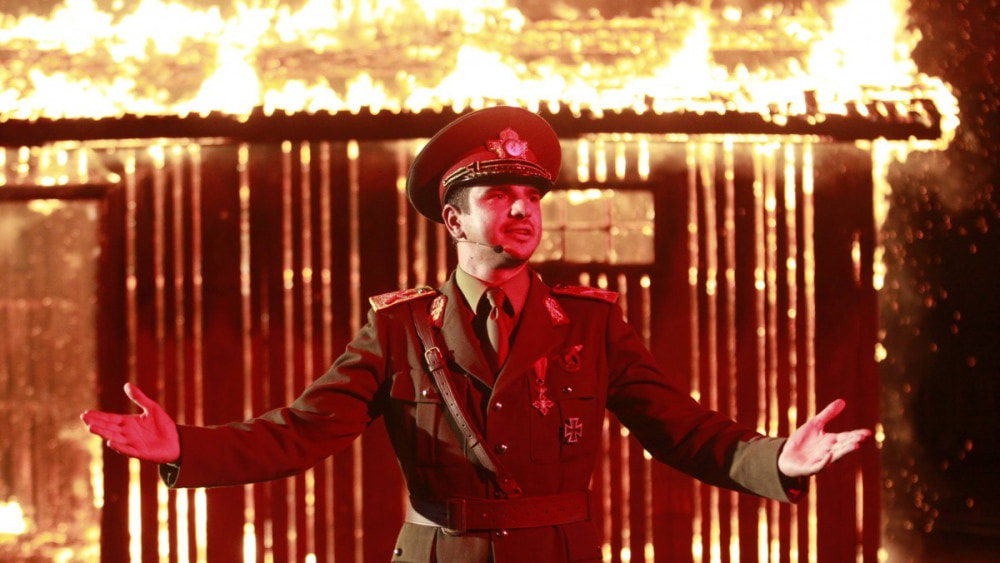
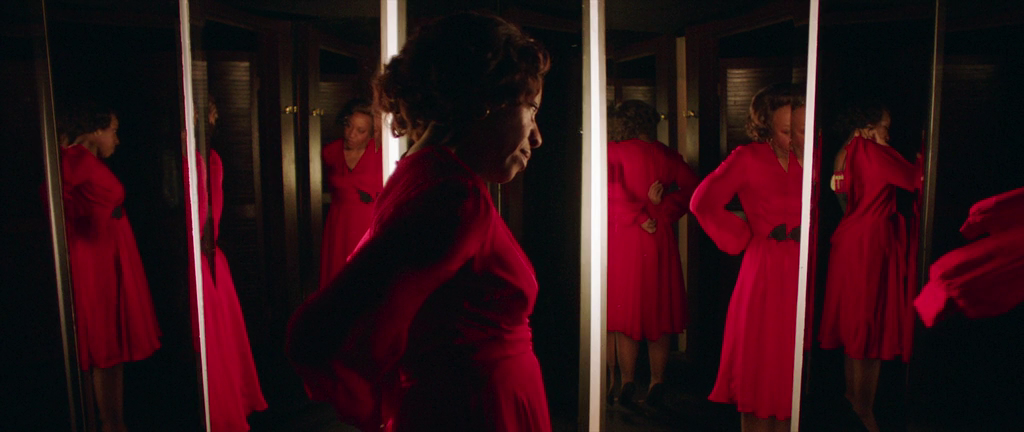
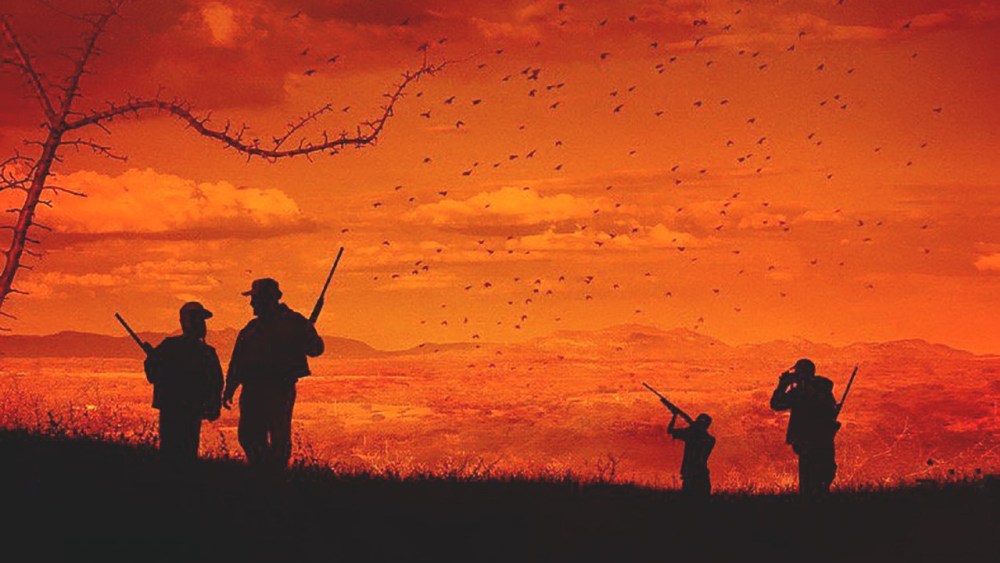
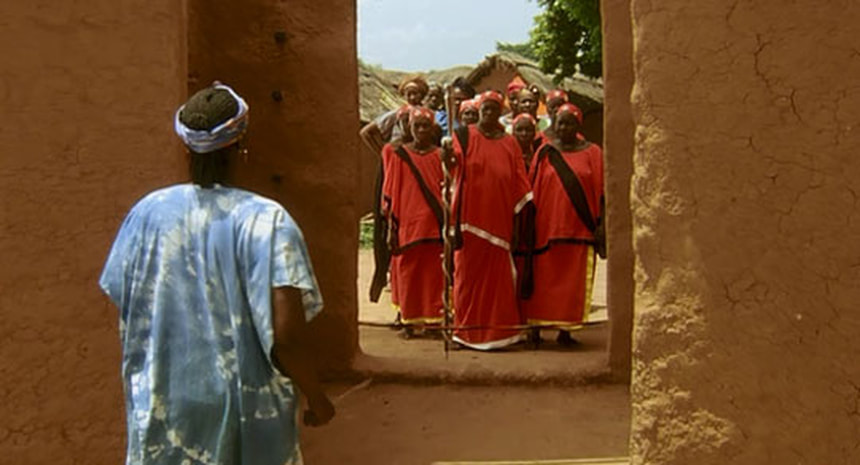
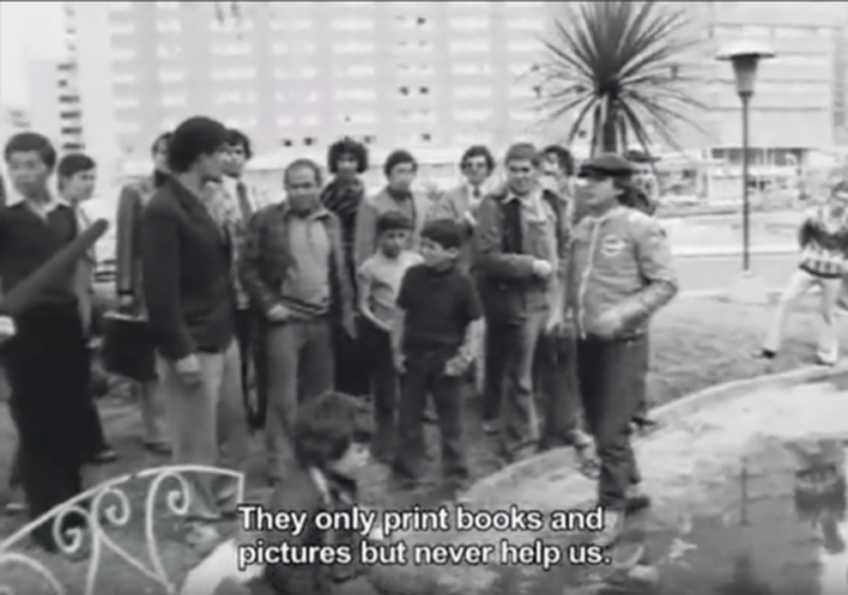
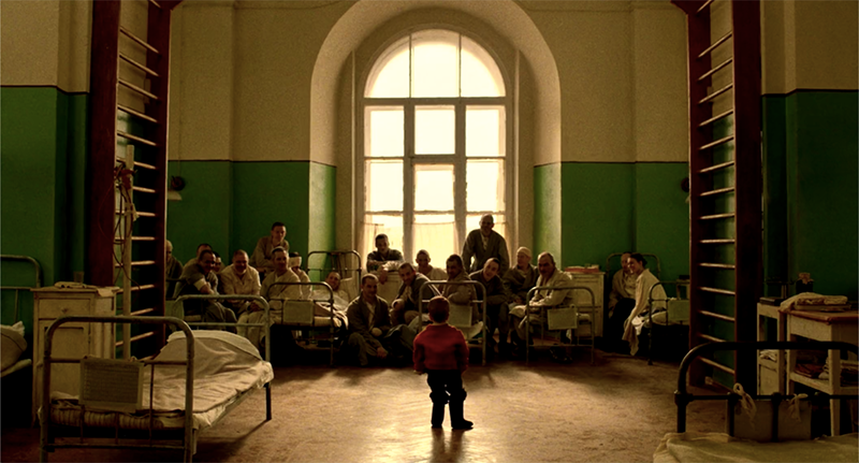
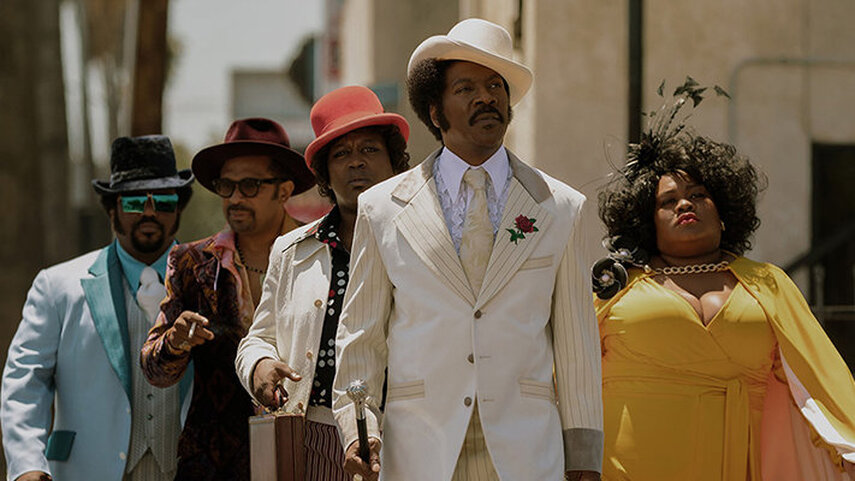
 RSS Feed
RSS Feed
